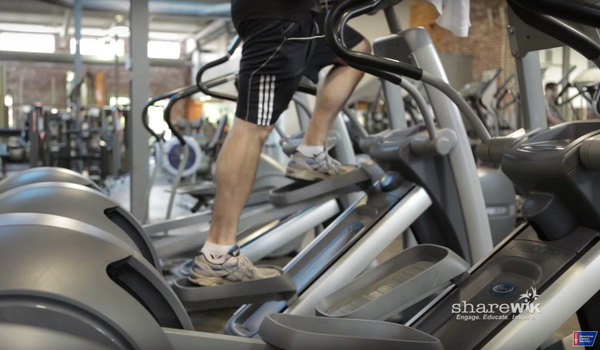How can physiotherapy help?

Physiotherapy can help if you are experiencing functional problems as a result of cancer treatment, e.g. problems with getting dressed or driving. A physiotherapist will work with you to identify your particular difficulties and help you to regain your independence and improve your quality of life.
They will help you focus your energies by setting goals, which you can then work towards. They may suggest:
- Aerobic exercises to improve cardiovascular function
- Strength-building exercises to help to increase bone density if it has been reduced by chemotherapy
Physiotherapy can also target any of the following problems.
Peripheral neuropathy:
- This nerve damage can cause decreased sensation and painful numbness or tingling in your hands and feet
Lymphoedema:
- This accumulation of fluid causes swelling in the arms, legs and other parts of the body
- It can be helped using compression wraps or garments, light massage, and gentle muscle movements
Shoulder symptoms including pain and orthopaedic issues:
- This may be caused or made worse by radiotherapy or surgery
- Manual therapy can reduce the pain
Your physiotherapist may give you exercises to do at home. These are designed to help you regain independence, e.g. by getting dressed alone, walking to the shops, or being able to drive again.
Physiotherapy can even help to relieve problems that were caused as much as 10 or 15 years ago.
Glossary